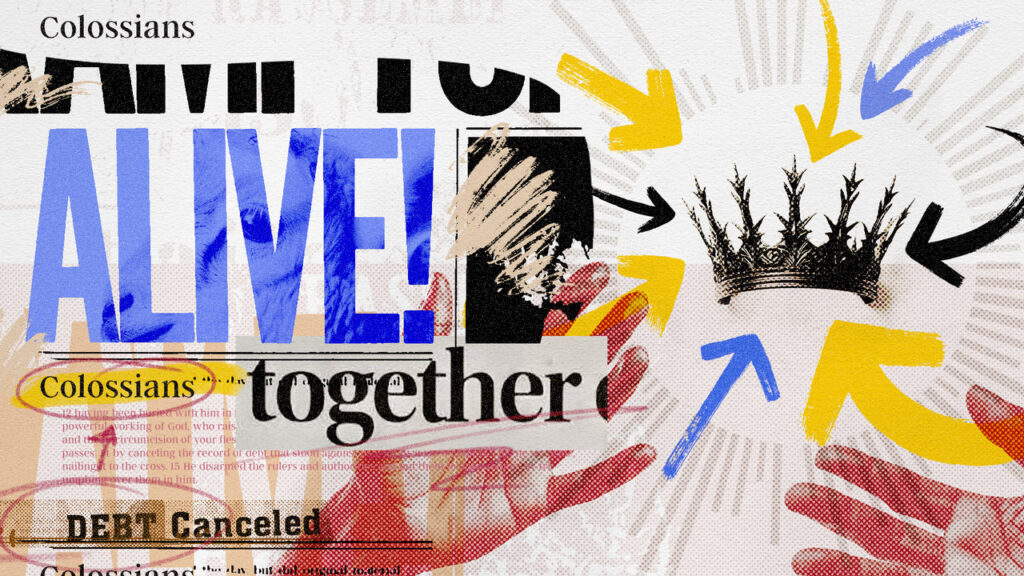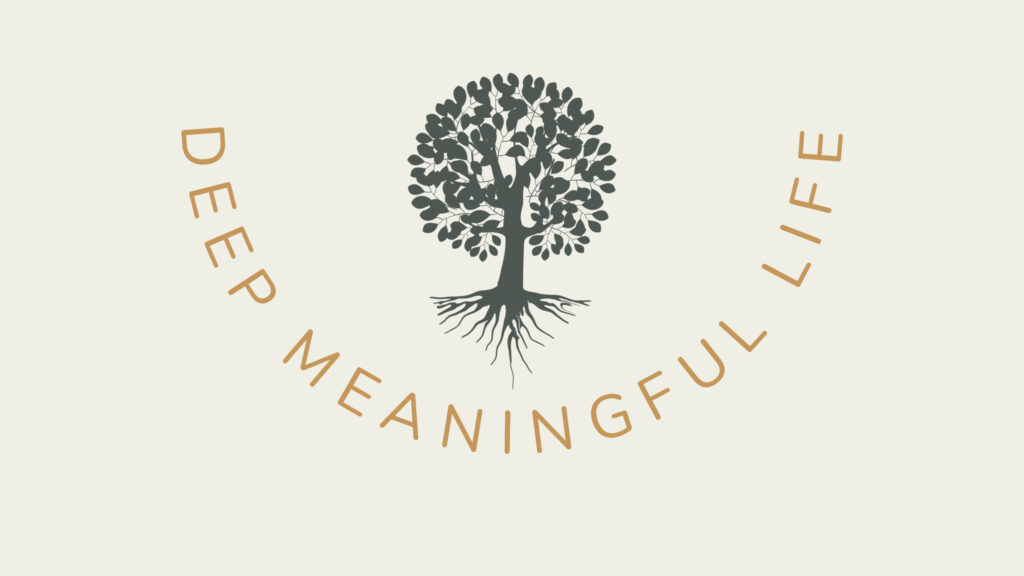Posts Tagged ‘Reflection Guides’
First Over All – Colossians 1:15-23:Reflection Guide
Reflection Guide Key Terms Image of the invisible God – This term image was commonly used in the ancient world to refer to objects that represented gods or the likeness of Caesar that was stamped on items such as coins. For many Jews in Paul’s day, the “image” of God had also become associated with…
Read MoreFinding the Signal – 1 Timothy 4:7-8 & Matthew 11:28-29: Reflection Guide
Reflection Guide Key Terms Lowly (Matthew 11:29) – This word is only used here in the NT, but in wider Greek literature it has a negative connotation and speaks to the state of the poor or slaves. It’s significant and striking that Jesus, the Son of God, would use this word to describe himself. Train…
Read MoreReal-time Discipleship – Acts 18:1-28:Reflection Guide
Reflection Guide Key Terms Corinth – A prominent Greek city approximately 40 miles west of Athens. Paul stayed in Corinth for a year and a half and wrote two NT letters (1 & 2 Corinthians) to the church there. Aquila and Priscilla – Aquila was a Jewish man from Asia Minor and Priscilla was a…
Read MoreBridges and Barriers – Acts 17:16-34: Reflection Guide
Reflection Guide Key Terms Athens – The home of Socrates, Plato, and Aristotle, Athens was a leading intellectual city. What stands out to Paul, though, is that the city was full of idols (v. 16). The word translated full is not used elsewhere in the NT or other Greek literature, but conveys the idea of…
Read MoreA More Noble People – Acts 17:1-15: Reflection Guide
Reflection Guide Thessalonica and Berea – Two cities located in 1st century Macedonia and modern-day Greece. Paul wrote two of his NT letters (1 and 2 Thessalonians) to the church in Thessalonica. The Christ – The focus of Paul’s preaching in Thessalonica and Berea is that Jesus is the Christ (or Messiah). Many 1st century…
Read MoreWhen Good People Get Sideways – Acts 15:36-41: Reflection Guide
Reflection Guide Key Terms Every city – In his first missionary journey, Paul travelled to the island of Cyprus and through many of the major towns in southern Asia Minor (modern day Turkey). On this next journey, Paul will travel through southern Asian Minor, visiting the churches he helped plant, before continuing on to Macedonia…
Read MoreBy Grace Alone – Acts 15:1-35: Reflection Guide
Reflection Guide Key Terms The Law of Moses – The law God gave to Israel in the OT books in order to reveal himself to his people, set Israel apart from the other nations and guide them to flourishing, and teach mankind about sin and the need for atonement. Putting God to the test –…
Read MoreFickle Crowds, Faithful Disciples – Acts 14:1-28: Reflection Guide
Reflection Guide Key Terms Word of his grace – A description of the gospel used by Paul (Acts 20:32) and Luke (v. 3) which highlights the essence of the Gospel as grace secured by and through Jesus. Kingdom of God – The kingdom of God is both the present reality following Jesus’ sacrificial death and…
Read MoreBut God Raised Him Up – Acts 13:13-52: Reflection Guide
Reflection Guide Key Terms Antioch in Pisidia – This is not the same Antioch previously mentioned in Acts 11-12. Many towns in the ancient world were called Antioch and this one was located in Galatia, which is located in modern day Turkey. The Law and the Prophets – The Law refers to the first 5…
Read MoreColaboring with God in Prayer – Acts 12:1-13:12: Reflection Guide
Reflection Guide Key Terms Herod – This Herod is Herod Agrippa I, who ruled from 41-44 AD, and was the grandson of Herod the Great. The Herod who played a part in Jesus’ arrest and execution was a different Herod called Herod the Tetrarch. Worshipping – From the Greek word leitourgeō, which means “to serve.”…
Read More




